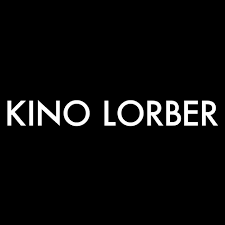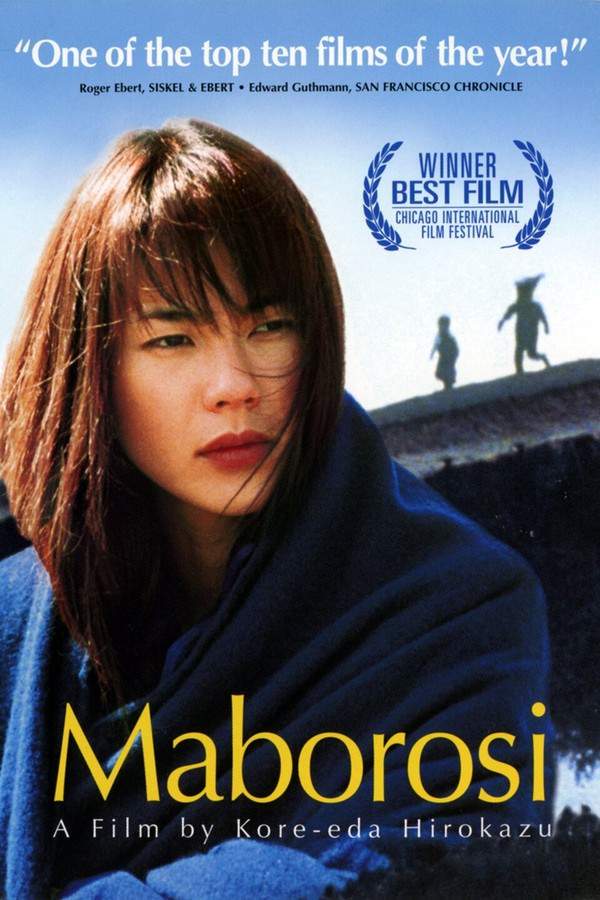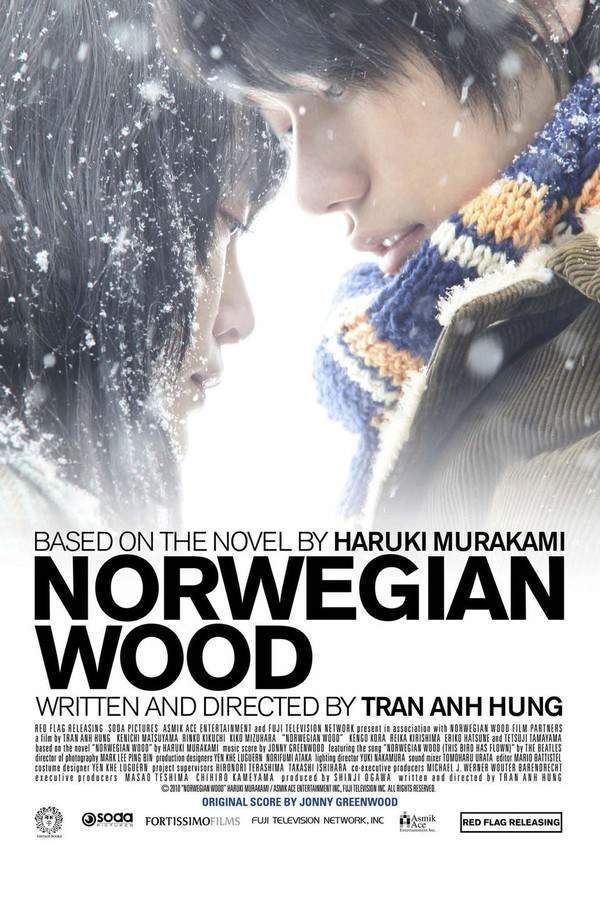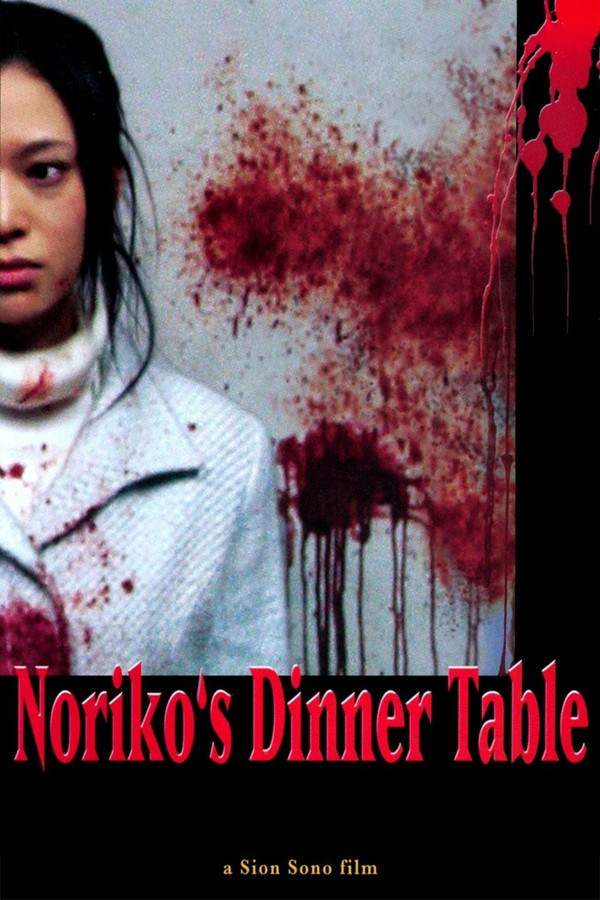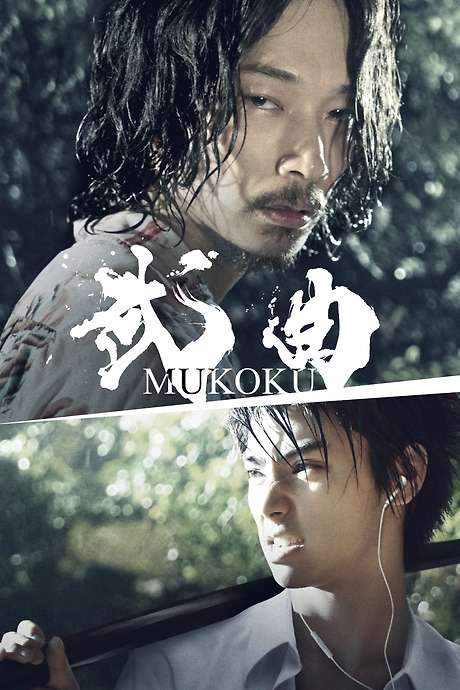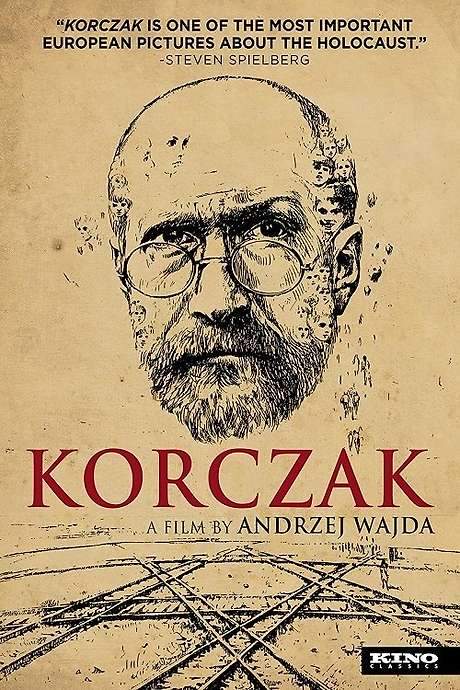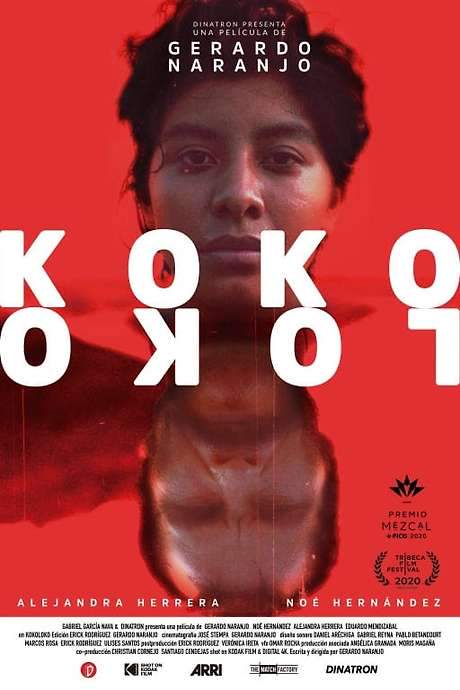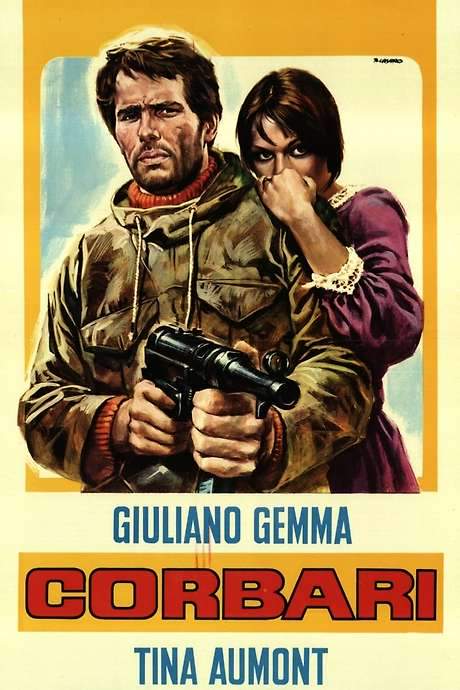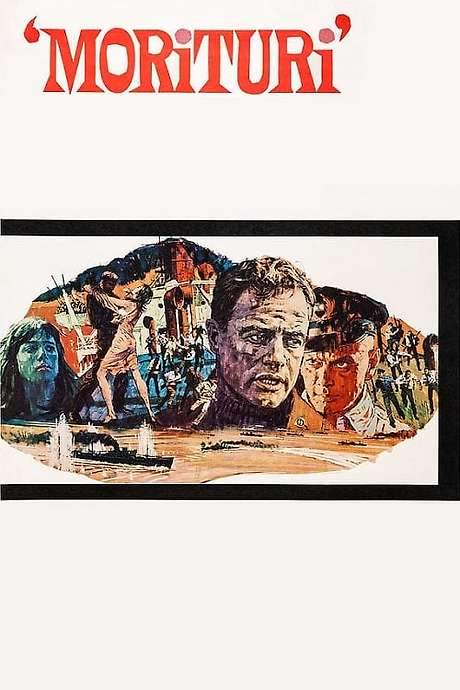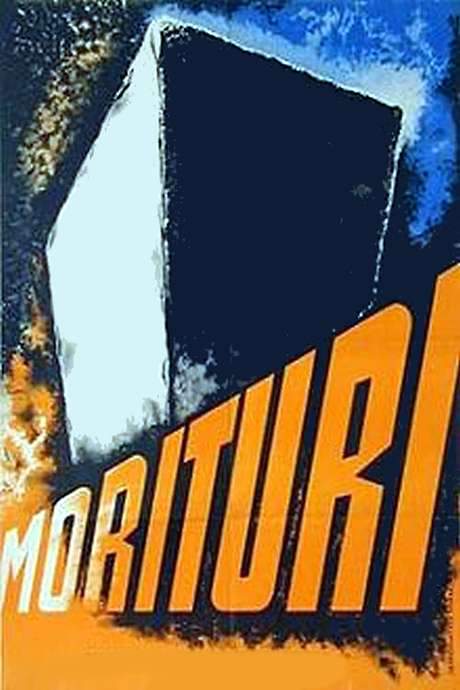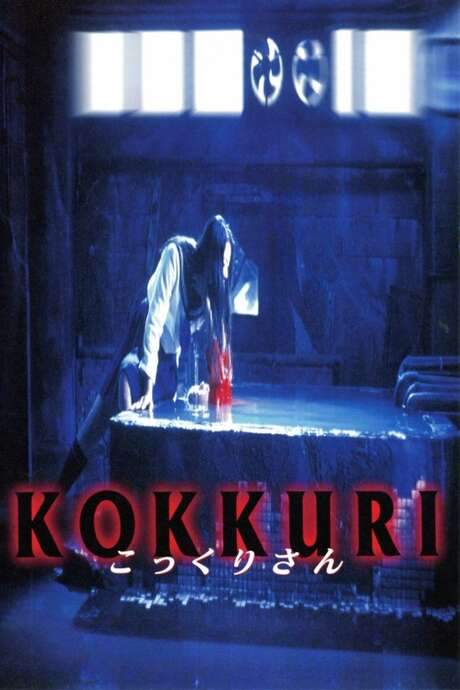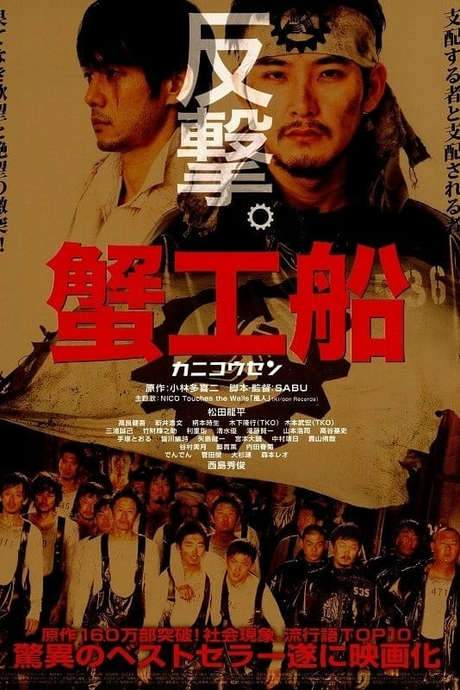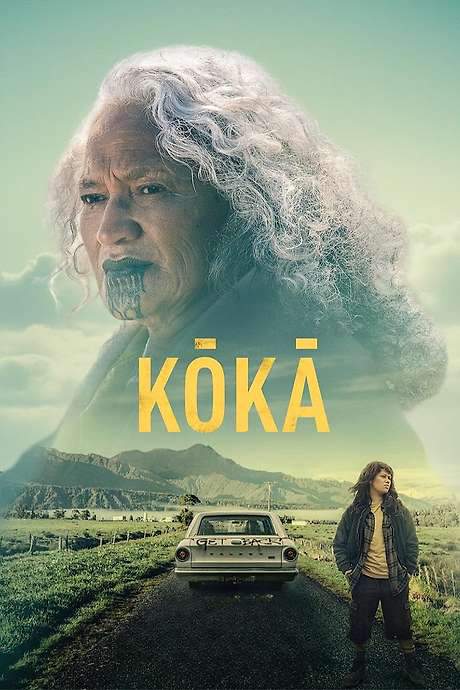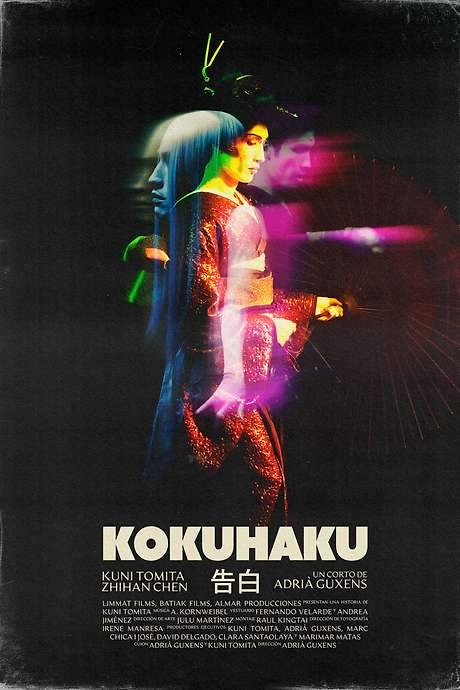Korkoro 2011
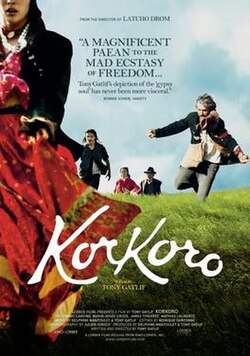
In 20th-century Japan, a story of guilt and redemption emerges. Nobuchi's impulsive proposal to Shizu deeply wounds his friend Kaji, leading to a tragic suicide. Haunted by his actions, Nobuchi seeks spiritual solace. However, his past resurfaces when a young student becomes his protégé, forcing him to confront the pain of betrayal and regret, and ultimately seek a path toward healing and understanding.
Does Korkoro have end credit scenes?
No!
Korkoro does not have end credit scenes. You can leave when the credits roll.
Meet the Full Cast and Actors of Korkoro
Explore the complete cast of Korkoro, including both lead and supporting actors. Learn who plays each character, discover their past roles and achievements, and find out what makes this ensemble cast stand out in the world of film and television.
No actors found
External Links and Streaming Options
Discover where to watch Korkoro online, including streaming platforms, rental options, and official sources. Compare reviews, ratings, and in-depth movie information across sites like IMDb, Wikipedia, Rotten Tomatoes or Metacritic.
Ratings and Reviews for Korkoro
See how Korkoro is rated across major platforms like IMDb, Metacritic, and TMDb. Compare audience scores and critic reviews to understand where Korkoro stands among top-rated movies in its genre.

60
Metascore
tbd
User Score

7.2 /10
IMDb Rating

3.4
From 2 fan ratings

5.00/5
From 3 fan ratings
Take the Ultimate Korkoro Movie Quiz
Challenge your knowledge of Korkoro with this fun and interactive movie quiz. Test yourself on key plot points, iconic characters, hidden details, and memorable moments to see how well you really know the film.
Korkoro Quiz: Journey through War-Torn France: Test your knowledge on the poignant journey of Claude and the Romani community during World War II in 'Korkoro'.
What is the nickname that Claude adopts when he joins the Romani?
Korkoro
Claude
Théodore
Lundi
Show hint
Full Plot Summary and Ending Explained for Korkoro
Read the complete plot summary of Korkoro, including all major events, twists, and the full ending explained in detail. Explore key characters, themes, hidden meanings, and everything you need to understand the story from beginning to end.
The film takes place during World War II in the rural setting of Vichy France, beginning with a nine-year-old French boy named Claude (Mathias Laliberté) who escapes from an orphanage. Seeking to evade state protection, he encounters a Romani caravan comprising an extended family of twenty men, women, and children. They welcome Claude into their fold, nicknaming him Korkoro, meaning the free one. Captivated by their nomadic way of life, Claude opts to stay with them.
The caravan makes camp near a small wine-growing village, in search of seasonal work in the vineyards and a market for their goods. However, the village is divided, with one faction welcoming the Romani and another viewing them as unwelcome intruders. Among the compassionate villagers are Théodore Rosier (Marc Lavoine), the village mayor and veterinarian, and Mademoiselle Lundi (Marie-Josée Croze), a school teacher and clerk at city hall. The local gendarmerie, aligned with the oppressive Vichy regime, monitors the citizens’ movements through passport documentation, posing a significant threat to the Romani. In a courageous act, Lundi forges their passports, erasing details pertaining to their movements.
When Rosier suffers an accident outside the village, he is saved by the Romani, who use their traditional healing methods to care for him. Grateful for their help, he sells them his father’s house to shield them from the fascist policies aimed at imprisoning the homeless. Lundi also enrolls the Romani children in her school, as they try to adapt. The freedom-loving Romani appreciate the intentions of their French benefactors, yet they grapple with the constraints of living in one place and adhering to the formal rules of education.
As the Nazis invade, Rosier and Lundi’s true identities as members of the French Resistance are revealed, leading to their arrest and brutal torture during interrogation. The Nazis begin rounding up the Romani, sending them to concentration camps. In an act of solidarity and loyalty, Claude, who has been cared for by Rosier, chooses to accompany the Romani as they face the impending doom together.
Uncover the Details: Timeline, Characters, Themes, and Beyond!

Coming soon on iOS and Android
The Plot Explained Mobile App
From blockbusters to hidden gems — dive into movie stories anytime, anywhere. Save your favorites, discover plots faster, and never miss a twist again.
Sign up to be the first to know when we launch. Your email stays private — always.
Discover Film Music Concerts Near You – Live Orchestras Performing Iconic Movie Soundtracks
Immerse yourself in the magic of cinema with live orchestral performances of your favorite film scores. From sweeping Hollywood blockbusters and animated classics to epic fantasy soundtracks, our curated listings connect you to upcoming film music events worldwide.
Explore concert film screenings paired with full orchestra concerts, read detailed event information, and secure your tickets for unforgettable evenings celebrating legendary composers like John Williams, Hans Zimmer, and more.


Korkoro Themes and Keywords
Discover the central themes, ideas, and keywords that define the movie’s story, tone, and message. Analyze the film’s deeper meanings, genre influences, and recurring concepts.
Korkoro Other Names and Titles
Explore the various alternative titles, translations, and other names used for Korkoro across different regions and languages. Understand how the film is marketed and recognized worldwide.
Similar Movies To Korkoro You Should Know About
Browse a curated list of movies similar in genre, tone, characters, or story structure. Discover new titles like the one you're watching, perfect for fans of related plots, vibes, or cinematic styles.
Quick Links: Summary, Cast, Ratings, More

What's After the Movie?
Not sure whether to stay after the credits? Find out!
Explore Our Movie Platform
New Movie Releases (2026)
Famous Movie Actors
Top Film Production Studios
Movie Plot Summaries & Endings
Major Movie Awards & Winners
Best Concert Films & Music Documentaries
Movie Collections and Curated Lists
© 2026 What's After the Movie. All rights reserved.


